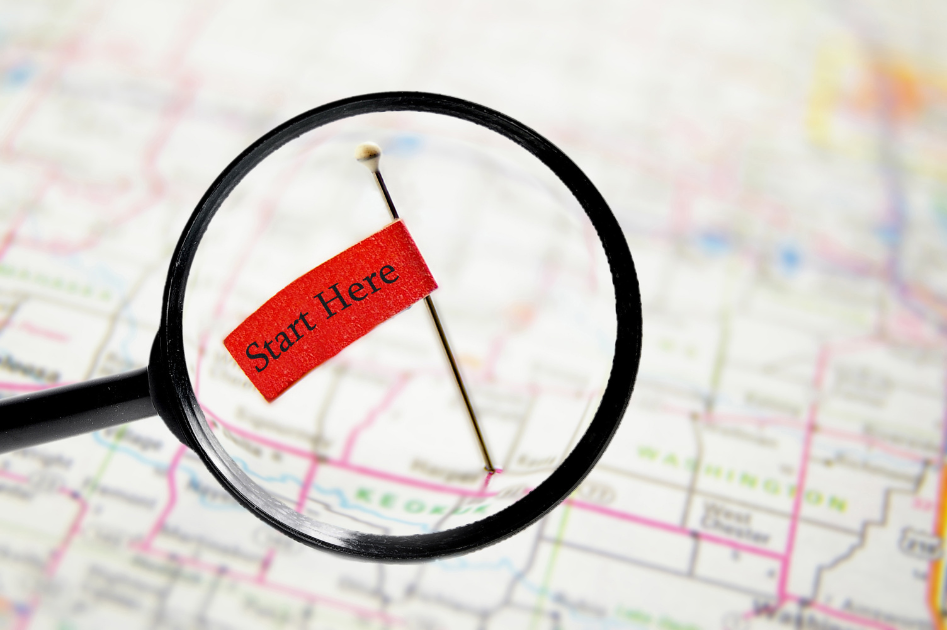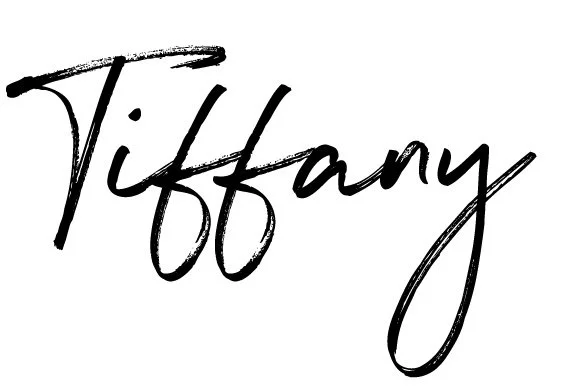To Get a Book Deal (and Eager Readers), Start Here
If you’ve been rejected by agents or publishers, or if you’ve self-published and seen low sales, you are probably missing two essential things.
Without these two things, it will be extremely hard to get an agent or publisher, and if you decide to self-publish, you’ll struggle to get readers to buy your book.
There’s a reason 99% of self-published books sell less than 100 copies, and it’s not because the author didn’t post enough on social media. (If you want my opinion on whether or not to self-publish, check out this post.)
If you shore up these two foundational elements, you’ll maximize your chance of success no matter how you decide to publish.
1. To get your book published or to get readers excited, the first thing you need is an understanding of the book market and where you fit in.
So many writers don't know the market, and are not even clear on their own book. And this is often the biggest problem I see when students come to me.
It makes sense that you don’t have this down yet. If you’re new to the publishing industry, how would you know what’s expected?
So now, go and look at what’s out there and start to notice what makes you and your book new and special.
For nonfiction, maybe you’re addressing a new audience, or taking a counterintuitive approach, or you’re making an academic book funny and approachable.
For fiction, maybe you’re taking a familiar genre and putting it in a cool new setting, or you’re going deep into a subculture or topic, or exploring themes that aren’t as well worn, or maybe your voice is funny in a genre that’s typically really dark.
This is where I start all of my students and after we do this work, it makes a world of difference.
2. After you understand the market, you need an irresistible hook.
And by hook, I mean a clear, concise concept that's going to show how your book stands out from other books, something unique and fresh and absolutely you.
What I DON’T mean is finding some random gap in the market and writing a book to fill that gap. That’s way too hack-like. If your heart isn’t in it, it won’t be good. And to get a publisher or to get your book widely read, it needs to be spectacular.
This is where you want to really tease out what makes your book different from what’s already out there. That doesn’t mean it’s radically different and unlike anything ever seen on planet earth. It means you’ve got that fresh take, that take only you can write. Again, it comes down to that different tone or audience or approach or setting.
Try filling in the blanks with this exercise.
Unlike other books on this topic that [other books’ approach]_________[YOUR TITLE if you have one]___________ does this___________ . [YOUR NAME]________ a [YOUR AUTHORITY], does this through____________ [FORMAT, FOCUS, MATERIAL etc.].
Once you’ve got that nice and clear, start to pretty it up.
Think your idea has already been done to death? You just haven’t worked on this long enough. I’ve never met an author who couldn’t ultimately find their unique value.
What next?
After you understand the market and develop an irresistible hook, use that to focus! Make sure everything about your book—its content, structure, pitch, marketing etc.—reflects your unique take.
Don’t stress about getting it right the first time. That’s what drafts are for. Start with a shitty one (a la Anne Lamott), and then on revision, fine tune by asking “how do I make this title/chapter/exercise/scene/example more me?”
I help people do this all the time with dramatic results. One student had a complete proposal that had been rejected over and over for years, and honestly most of the time she wasn’t even rejected. She was just ignored.
Even though she already had a finished proposal, we went back to square one asking, how can we make this more “you”?
Then we fine-tuned everything around her unique message. We made her hook totally and completely “her,” and then she had offers from multiple top agents within a couple of weeks.
When to approach agents and publishers
When you have a complete and polished manuscript (for fiction) or a well-developed book proposal (for nonfiction), it’s time to start the business end of things.
To learn more about how that works and what to do, step-by-step, check out these popular posts:
How To Find A Literary Agent: The 6-Step Strategy That Works For My Clients
How To Get A Book Published: 6 Steps To Traditional Publishing
For now, I wish you all the best!!






